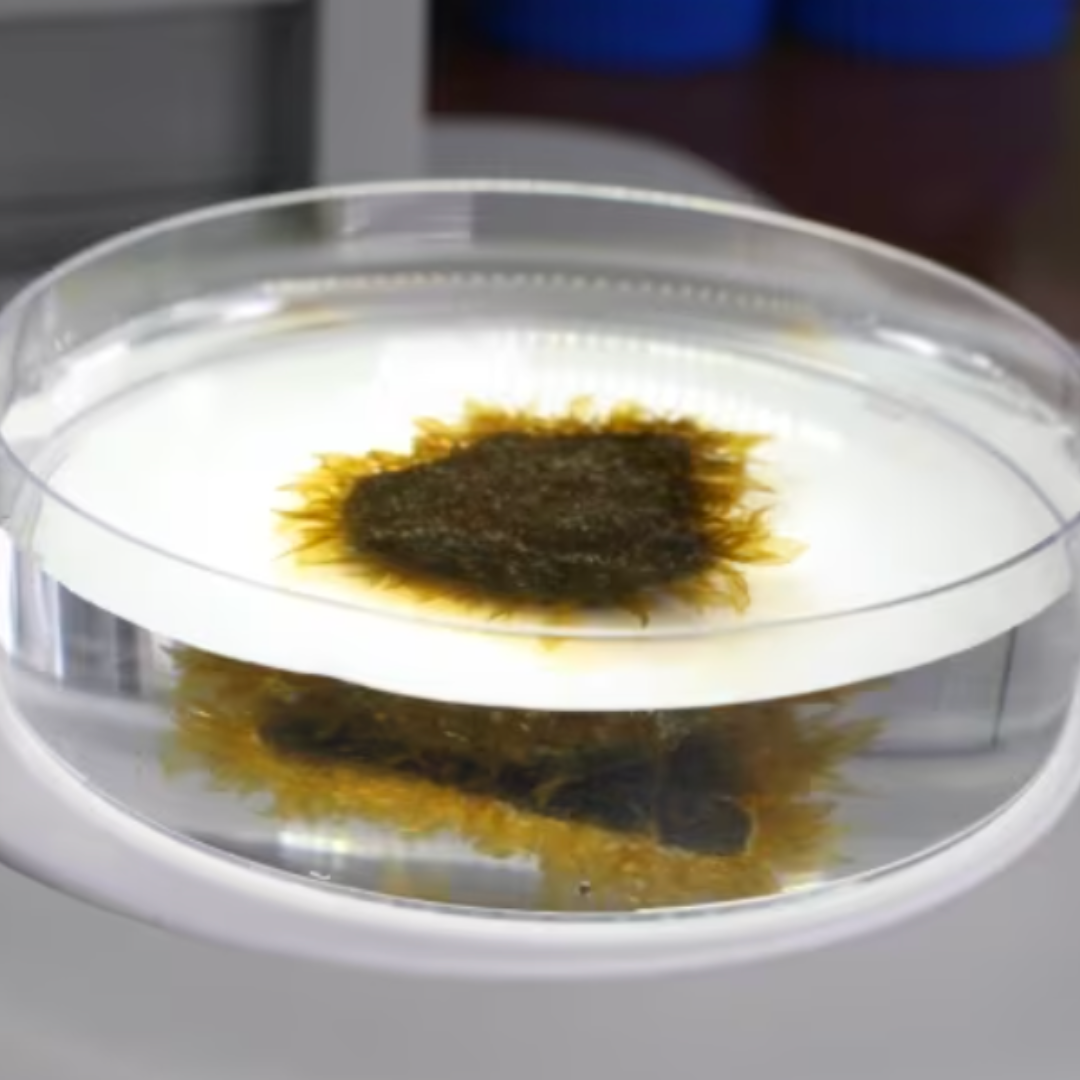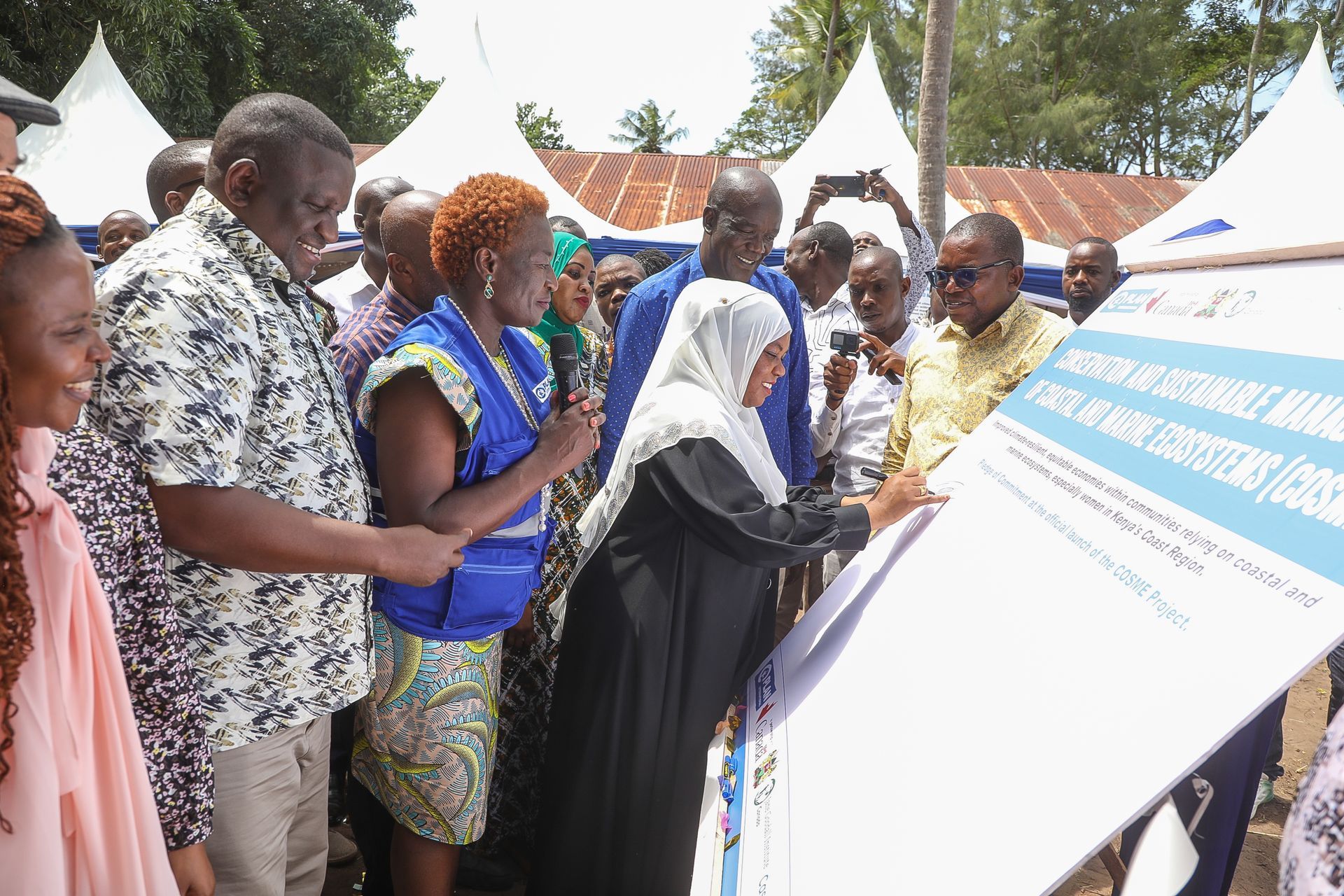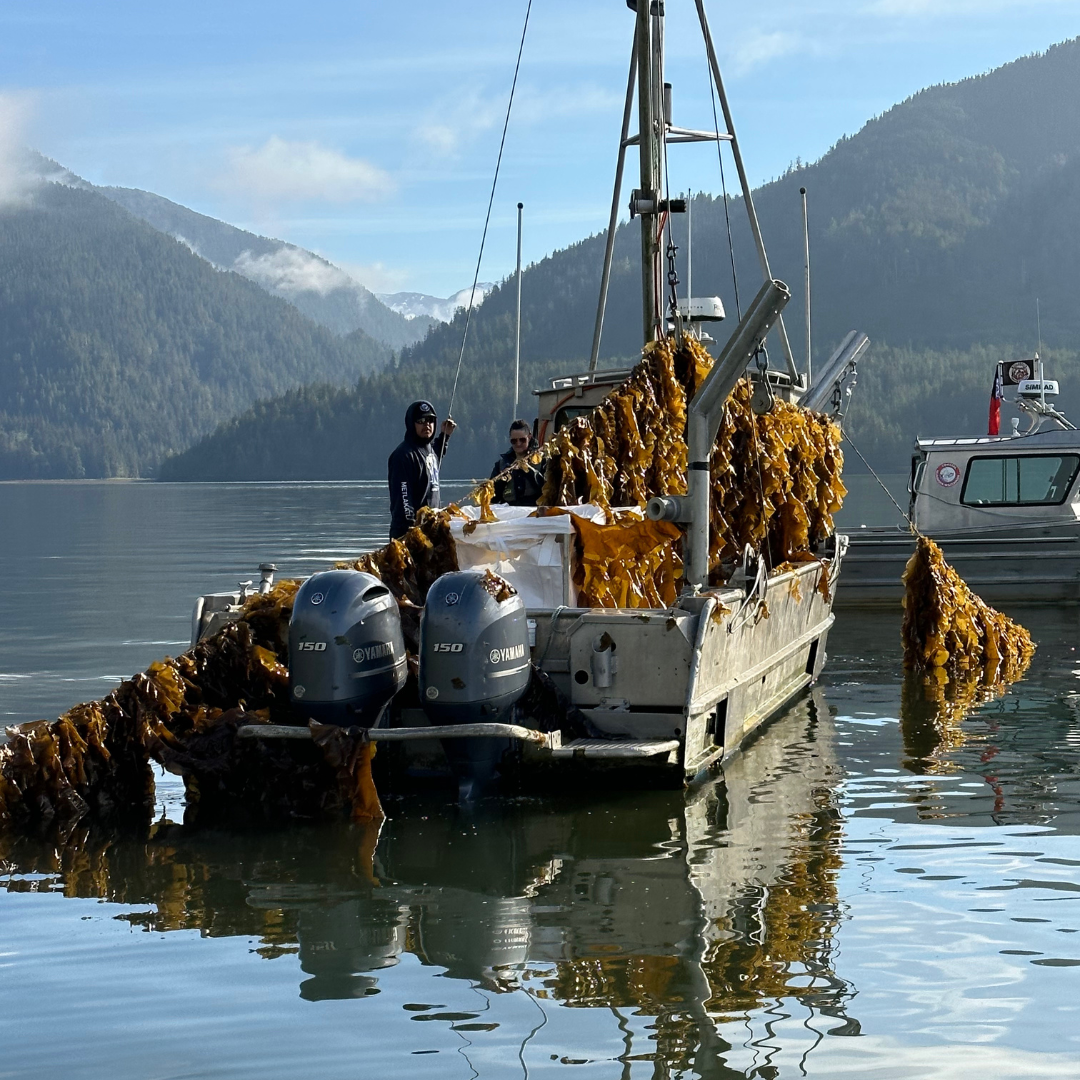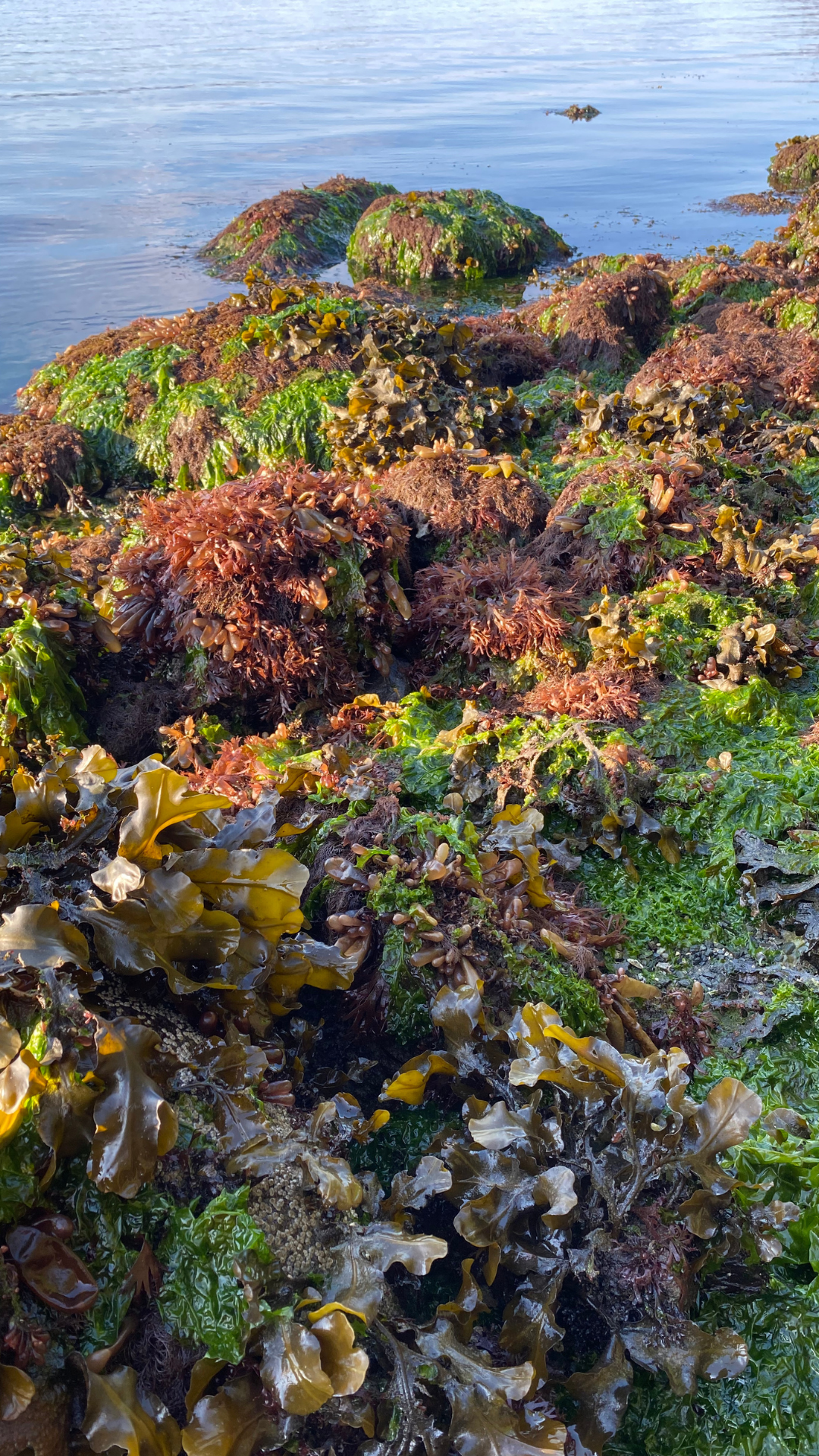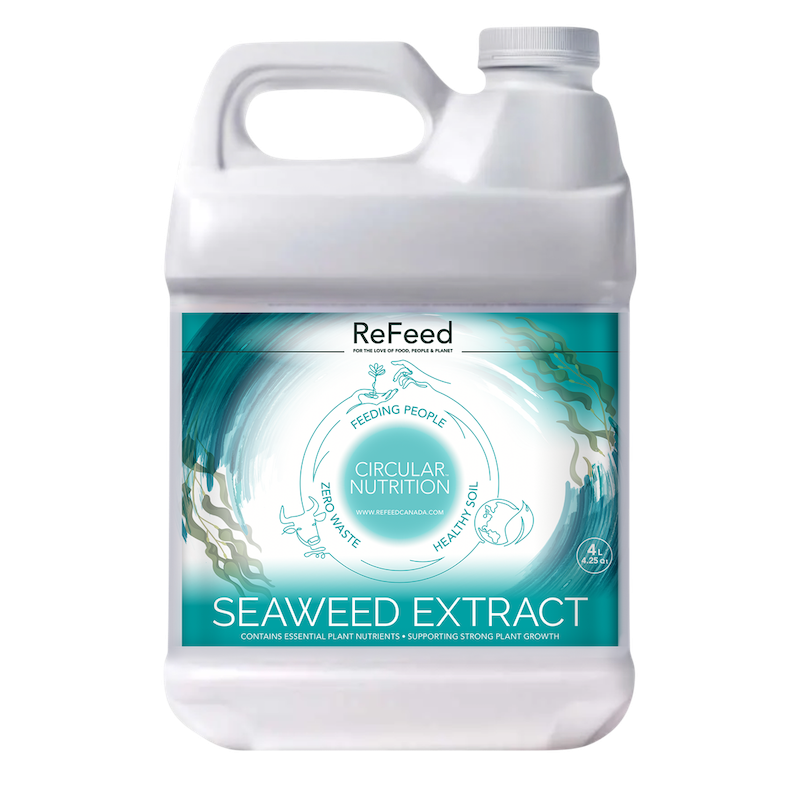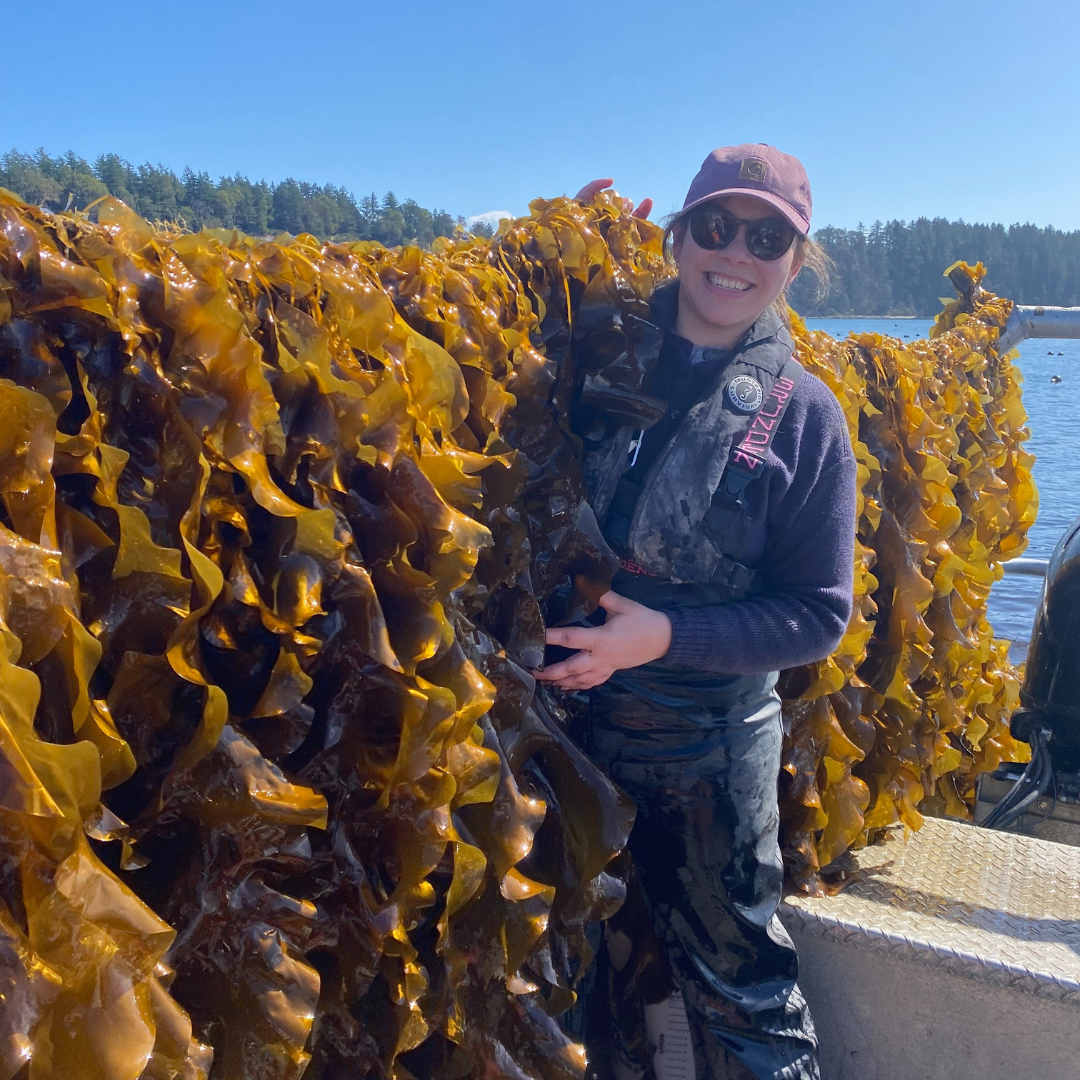At Cascadia Seaweed, we cultivate local species of seaweed and manufacture products for crop and cattle farmers.
Kelp projected to yield a growing business opportunity.
By Sam Laskaris / July 14, 2020
Ha-Shilth-Sa
Port Alberni, BC - Better late than never.
That’s the thinking of Jennifer Woodland, the CEO of the Nuu-chah-nulth Seafood Limited Partnership (NSLP).
Back in 2019, Woodland’s company had applied for a provincial grant through the Rural Dividend Fund. The NSLP was seeking funds for a project it dubbed Analysis of Capacity of West Coast Vancouver Island Coastal Communities to Deliver Large-Scale Ocean Farming of Seaweed.
Woodland said the grant proposal was written as NSLP entered into a partnership agreement last year with Cascadia Seaweed, which aspires to be the largest supplier of ocean farmed seaweed in the country. Thus, Woodland said it was necessary to determine Vancouver Island’s capacity in this regard, especially figuring out how much First Nations communities could contribute to the venture.
But NSLP and other grant applicants received some bad news last fall.
“(Provincial officials) suspended that fund because they decided to support mill and forestry workers,” Woodland said.
Woodland, however, received a recent surprise call. She was told her company’s application from a year ago would provide economic opportunity following the pandemic and that it was approved under a new one-time rural community grant. B.C. officials announced they would be providing almost $14 million in funding to support economic development and recreational opportunities in rural communities throughout the province.
The NSLP, which was granted $170,784, is one of the 153 projects that received some funding.
“We were thrilled to receive the funding as it will identify the capacity, needs and business opportunities to meet the growth goals,” Woodland said.
The NSLP/Cascadia partnership is already cultivating seaweed for the growing demand of the product.
“We have two kelp farms in the water now and we’re developing three more,” Woodland said. “And they’re talking to several others about more farms.”
Read the full article here: https://hashilthsa.com/news/2020-07-14/kelp-projected-yield-growing-business-opportunity
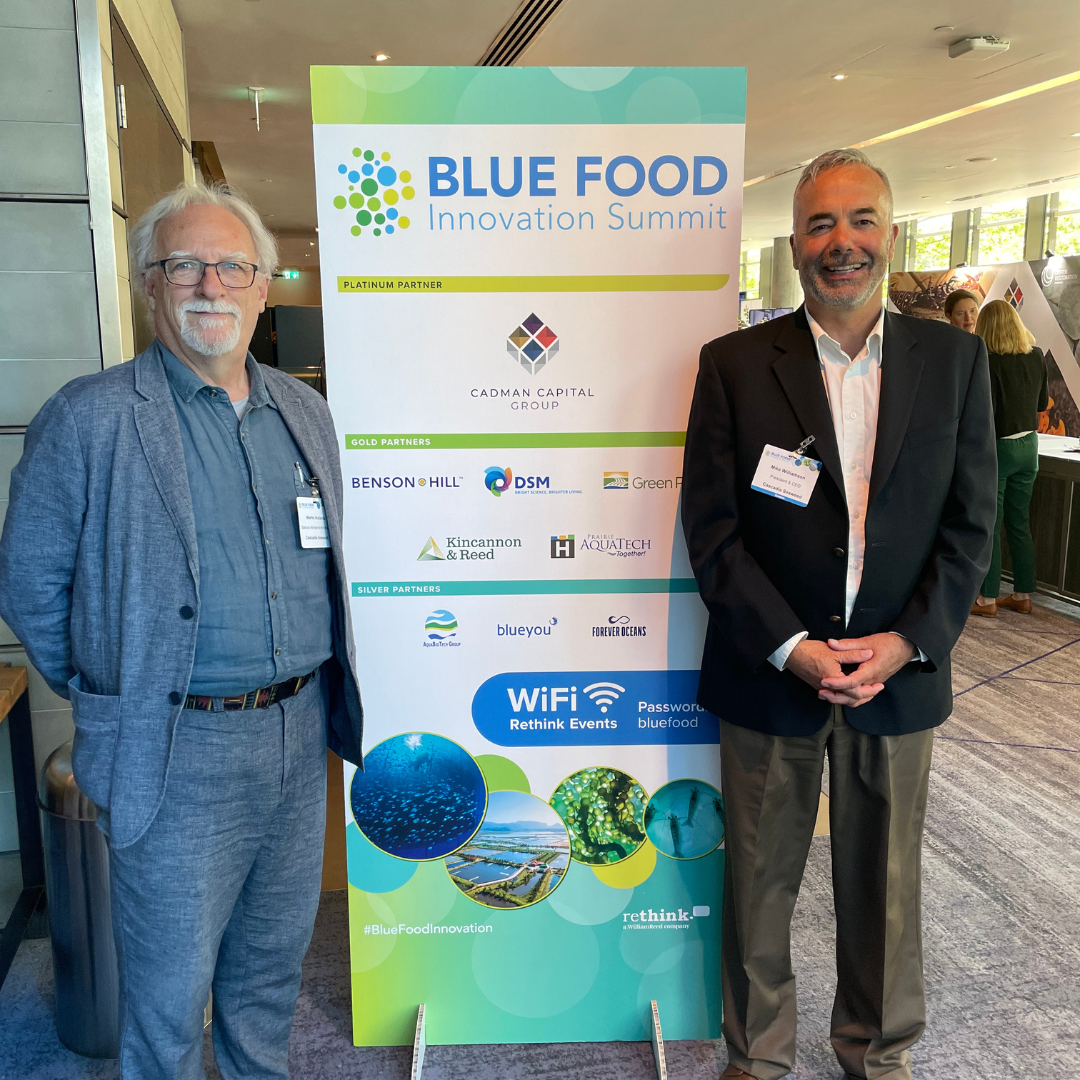
C - 9774 Third Street Sidney British Columbia V8L 3A4
Email: info@cascadiaseaweed.com
Phone: 1-778-351-4484

9774 - C Third Street Sidney British Columbia V8L 3A4
Email: info@cascadiaseaweed.com
Phone: 1-778-351-4484

